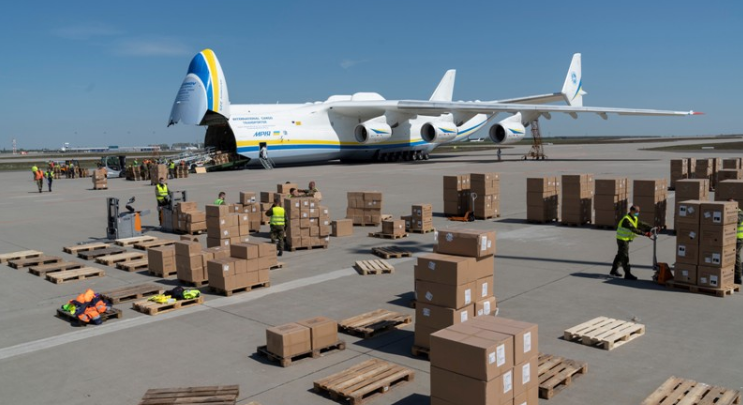空运需求旺季预计持续到中国新年

远东西行(FEWB)航空货运“超级旺季”将持续到中国农历新年。据一家领先的货代公司说,由于运力改善的前景渺茫,目前的运价水平不太可能发生任何重大变化
在Flexport最新的货运市场更新网络研讨会上,该公司FEWB欧洲航空贸易航线经理Camille cararenton表示:“全球范围内,需求已经变得越来越强,大量的海空转换,特别是在远东西行,这进一步收紧了运力。‘超级’旺季将至少持续到12月底,甚至预计将持续到1月底的春节。”
她指出,FEWB航线的客运航班运力仍比疫情前的水平下降了约46%,预计在2022年年中之前不会恢复全面运营。其他评论人士认为,能力将需要更长的时间才能恢复到covid - 19之前的水平,包括对2023年和2024年的各种估计。
与此同时,亚洲“不稳定”的封锁措施和与新冠病毒相关的限制措施导致“现货市场上的利率疯狂上下波动”,“所有关键枢纽都明显存在终端积压现象”。这些市场动态正在给利率水平带来压力,并延长运输时间,无论是从第四季度的‘超级高峰’到2022年。”
欧洲机场拥堵
谈到欧洲的机场拥堵,尤其是伦敦、法兰克福和阿姆斯特丹的航空货运枢纽机场,卡莱顿指出:“这一切都始于法兰克福,并产生了滚雪球效应,在欧洲大多数主要机场造成了非常紧张的(地面处理)局面。
“在伦敦希思罗机场,我们建议(顾客)避开最拥挤的WFS航站楼;如果你乘坐的是飞往这个航站楼的航空公司,那么你的过境时间将会增加2到4天。
“在法兰克福,拥堵情况并没有好转,我们预计交通时间将增加5到7天。对于阿姆斯特丹,我们仍在增加两到三天的货运,但情况越来越紧张,主要原因是地勤人员发现很难处理所有为假期到来的货物。”
她说Flexport使用比利时的Liège和巴黎的cdg作为阿姆斯特丹和法兰克福的另一个不那么拥挤的网关。
针对跨大西洋市场,卡莱顿评论道:“随着感恩节和黑色星期五的到来,以及一个月后的圣诞节的到来,我们仍然可以看到纽约、洛杉矶、芝加哥等美国主要机场仍然非常拥堵。这就增加了3-5天的运输时间。
“但客运航班现在正在恢复,这让我们能够在市场上增加一点运力。通过美国二级枢纽的运力转移正在减轻所有枢纽的压力,我们仍然强烈建议使用它们。”
carton表示,Flexport的政策是“根据机场航站楼的能力来瞄准航空公司,以尽可能避免拥堵,并减少散装货物的数量,因为现在通关需要更多时间。”
Flexport还建议客户在“货物准备日(CRD)前至少三到四天”进行预订。我们甚至会强烈建议(在CRD之前)7天,以便获得最佳路线和最佳价格。”
在被问及1月份春节前房价与12月份峰值房价的前景时,卡莱顿指出:“我们没有水晶球。但产能(情况)在1月份不会好转。因此,我们预计在12月至1月期间利率不会有大的变化。我们认为“超级旺季”将一直持续到春节。”
当被问及香港目前采取的隔离飞行员的措施是否对容量和费率产生了影响时,卡莱顿回答说:“目前影响很小,但我不是说这种情况会持续下去。大多数受到这些隔离措施影响的航空公司现在都在培训他们的客运飞行员,让他们能够驾驶货机,以避免短缺。”
